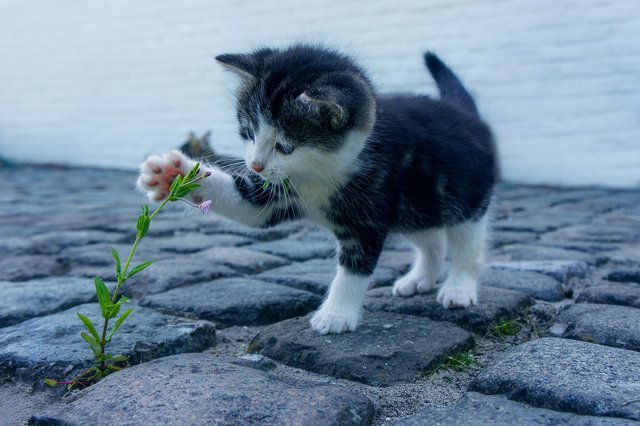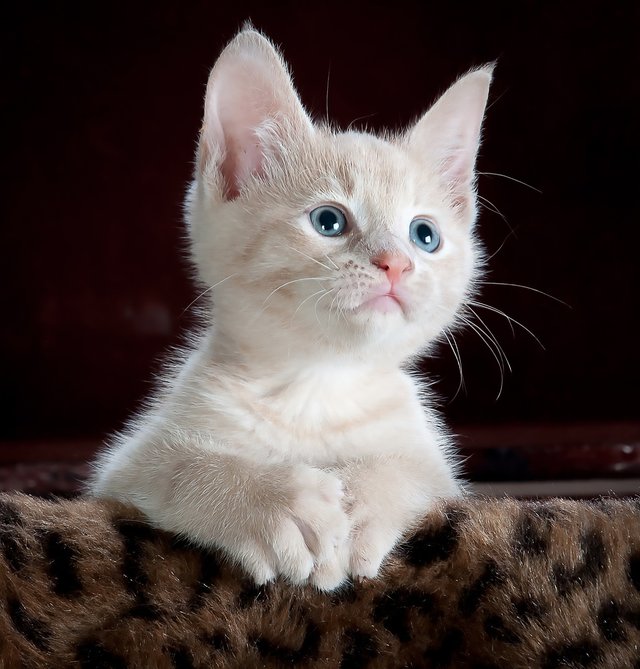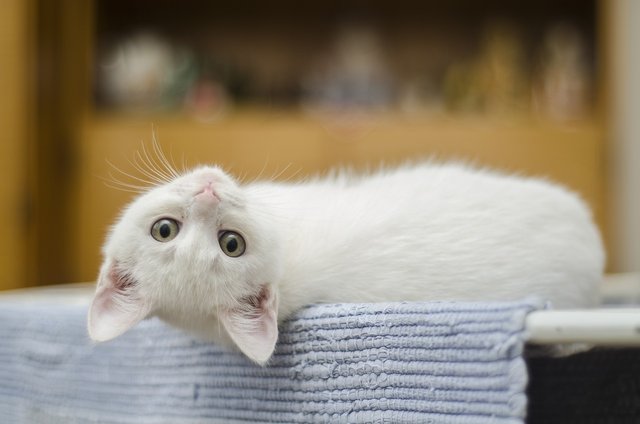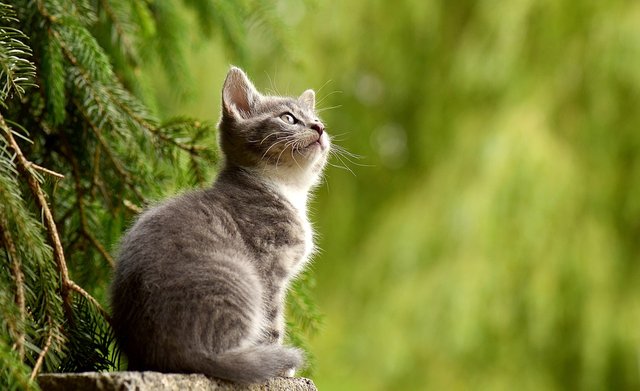Cats are fascinating creatures with unique and complex behavior. Their nature is shaped by a combination of their evolutionary history as solitary hunters and their domestication alongside humans. Here are some key aspects of cat nature:
Hunting Instincts: Cats are natural-born hunters. Their ancestors were solitary predators, and this hunting instinct is deeply ingrained in their nature. Even domestic cats exhibit behaviors like stalking, pouncing, and playing with "prey" (toys) to satisfy their hunting instincts.
Independence: Cats are known for their independence. Unlike dogs, which are more pack-oriented, cats are solitary creatures by nature. They can be affectionate and form strong bonds with their human companions, but they also need their own space and time alone.
Territorial: Cats are territorial animals. They have a strong sense of ownership over their environment, and they use scent marking (through facial rubbing and scratching) to establish and communicate their territory boundaries.
Sleeping Habits: Cats are crepuscular animals, meaning they are most active during dawn and dusk. They tend to sleep for a significant portion of the day, conserving their energy for hunting and playtime during the more active periods.
Grooming: Cats are meticulous groomers and spend a considerable amount of time cleaning themselves. Grooming not only keeps their fur clean but also helps them regulate body temperature and provides a comforting routine.
Communication: Cats use a combination of vocalizations, body language, and facial expressions to communicate with humans and other animals. Meowing, purring, hissing, and body postures convey various emotions and needs.
Playfulness: Cats retain their playful nature even as adults. Play is essential for kittens to develop hunting skills, and this behavior often carries on into adulthood. Interactive playtime with toys or their human companions is not just fun for cats but also helps keep them mentally and physically stimulated.
Curiosity: Cats are naturally curious beings. They explore their environment and investigate new things, which sometimes leads them to seemingly strange behaviors like squeezing into small spaces or climbing to high places.
Sensitivity to Change: Cats are creatures of habit and can be sensitive to changes in their environment or routines. They may take time to adjust to new people, pets, or living arrangements.
Scent and Smell: Cats have a highly developed sense of smell. They use scent not only for marking territory but also to identify and communicate with other animals.
It's important to note that each cat is an individual, and their personalities can vary widely. Some may be more social and affectionate, while others may be more reserved and independent. Understanding and respecting their natural instincts and behaviors can help strengthen the bond between humans and their feline companions.





Sorry, this community is only for posting SR and curator reports. other posts please in other communities.
Downvoting a post can decrease pending rewards and make it less visible. Common reasons:
Submit
Why do you still give such spammers a forum by babbling?
It's quite obvious what they want in this community. Actually, the auto-votors should be banned. But they are not. So you have to set an example. Downvote. Downvote to zero. That's the only way to learn.
Is @kiwiscanfly the only one with balls in this kindergarten? The scammers and spammers laugh themselves to death, but most people don't like to watch this drama anymore.
Downvoting a post can decrease pending rewards and make it less visible. Common reasons:
Submit